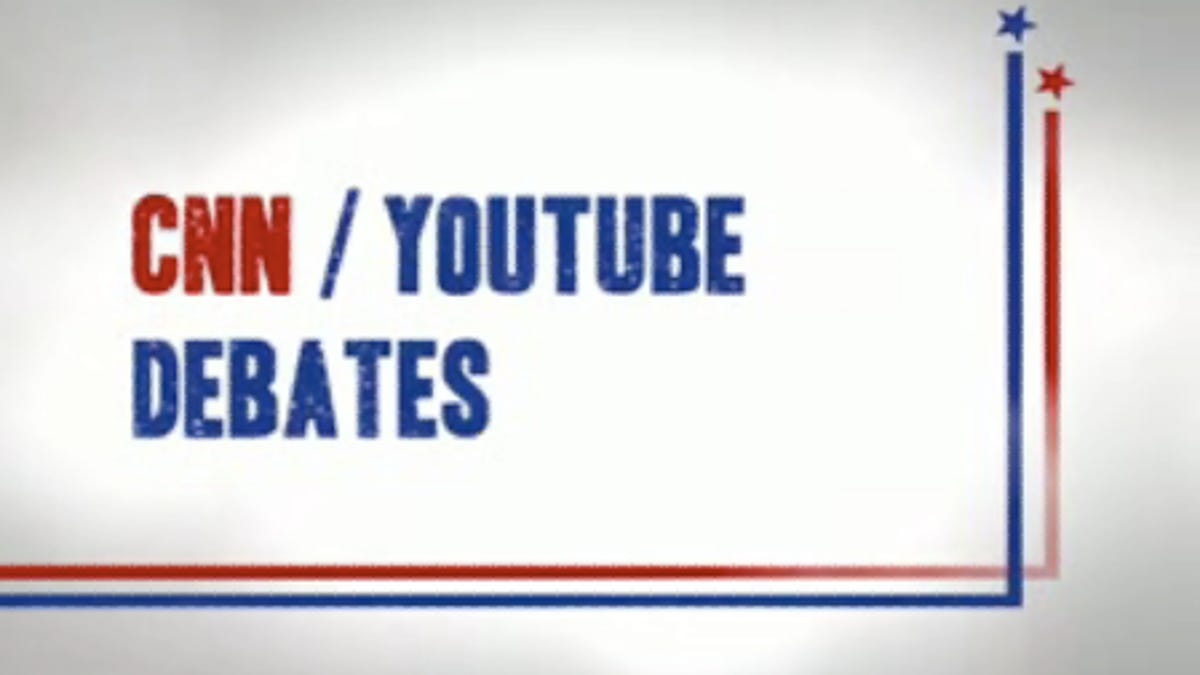Presidential hopefuls to debate with the aid of CNN and YouTube
On Monday, July 23, CNN will air a debate between several Democratic presidential candidates utilizing questions submitted by YouTube users. Technically the approach is a first, but is it really a revolutionary innovation?

But what does this approach really mean to the future of U.S. politics? As a recent article on CNN points out, while the questions may come from the public, the news agency is still making the choice of which questions will actually be asked. Does this approach really democratize the debates or is it simply a chance for a few lucky individuals to have a chance to be on national television? According to Joshua Levy at TechPresident.com, "There are two parts to opening up a platform like these debates to the community: 1) Let individuals participate in unprecedented ways, (and) 2) Give up control of the voting to the community."
Levy goes on to point out how David Colarusso has formed a home-grown solution to this limitation by creating a portal where visitors can peruse the submitted questions and vote for their favorites. Although there is no reason to think that CNN will factor in these results, the effort Colarusso has put into the project provides a great example for how the debate process should be structured.
Right now the top question asks the candidates whether or not they support the impeachment of President George W. Bush. While the question would be unlikely in a traditional debate, it is an issue that concerns a significant quotient of Americans as indicated by the 1,373 favorable votes. It remains to be seen what questions CNN decides to use, but as I see it, as long as that decision remains in the hands of a few this debate may be presented in a whole new way, but it's nothing more than a rebranding innovative approach to politics as usual.